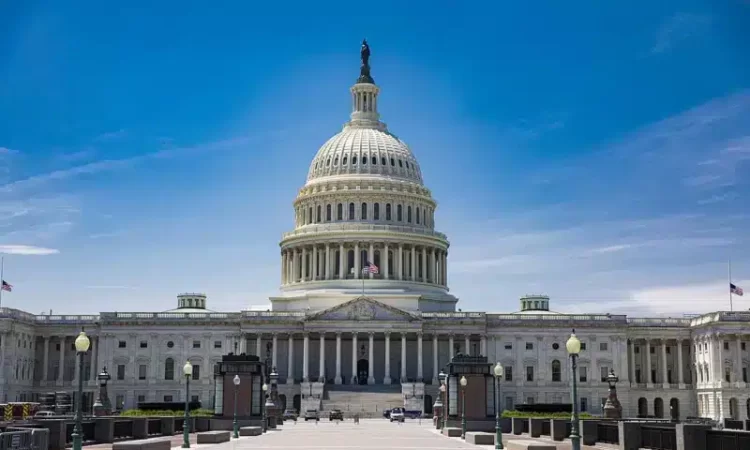
The United States cryptocurrency faces difficulties following the introduction of a new regulation by the Internal Revenue Service. This regulation, arising from the Independent Infrastructure Bill 2021, requires detailed reporting of all cryptocurrency transactions over $10,000.
Although primarily targeting crypto brokers, this rule has elicited widespread disapproval and study from the larger cryptocurrency community. The central concerns revolve around the rule’s feasibility and potential adverse impacts on the crypto industry.
Adriano Feria, a well-known crypto industry figure, has criticized the IRS’s new policy. He argues that the IRS does not fully understand the nature of crypto transactions, particularly their “push-only” mechanism.
Feria humorously suggests that if someone were to send over $10,000 in crypto to the U.S. Commissioner of Internal Revenue, it could unintentionally make the recipient a “felon.” This comment reflects the community’s frustration and disbelief regarding the new regulation.
Jerry Brito, Executive Director of Coin Center, doubts the practicality of adhering to these IRS regulations. He highlights the vagueness of the IRS’s directives, potentially leading to unintended non-compliance and significant legal problems for users and brokers.
Moreover, the intricacies of transactions conducted by cryptocurrency miners, validators, and decentralized exchanges further amplify the challenges in complying with these rules.
The cryptocurrency community is close to strict reporting requirements set by the IRS in 2024. Brokers must now submit detailed personal information for transactions exceeding $10,000. This new mandate has sparked skepticism and worry within the industry. The major hurdles include the tight 15-day window for reporting and the intricate nature of on-chain transactions, which complicate compliance efforts.
Also read:Crypto Industry Funds $78M for Pro-Innovation Candidate 2024






